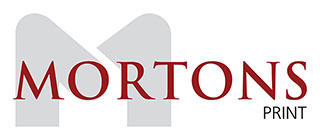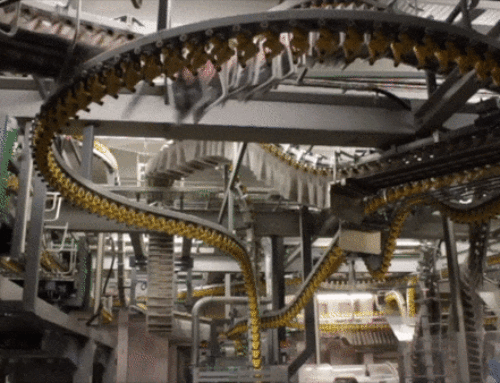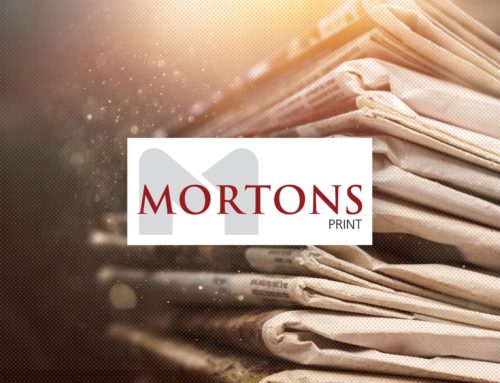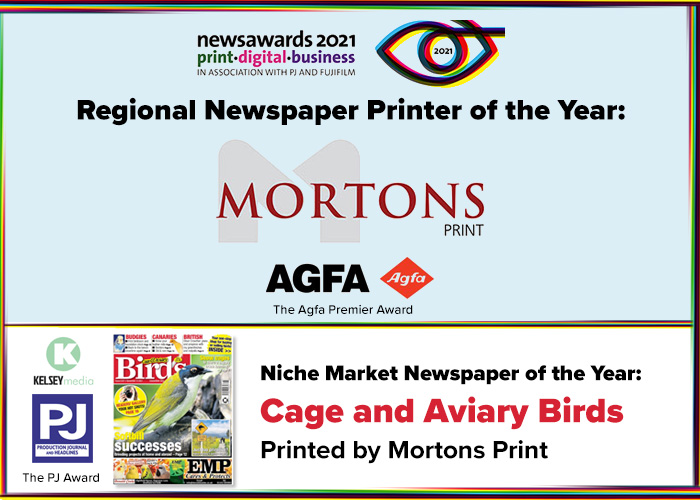Gary Cullum reflects on 20 years of top industry awards and the re-emergence of print
I CAN’T believe I am writing this monthly column while planning the 20th annual Newspaper Awards – now known as newsawards, of course.
Where has the time gone? Awards partner Mark Hargreaves and I started planning in 1996 and the first event ran the night before the UK general Election in May 1997 at London’s Grosvenor House Hotel on Park Lane.
Thinking back, that was about the time I started to bang the drum in PJ and on conference platforms for the power of the printed word – promoting its strengths, singing it praises and helping to champion the cause.
However, 20 years ago no one could foresee the day of change; the monumental structural upheavals coupled with recessionary years and the loss of those once profitable pillars of classified that were the backbone of every newspaper.
Those revenues disappeared into the burgeoning digital world that has wreaked so much discomfort on printed newspapers in such a short timescale.
No one could foresee the consolidation that has followed, and certainly no one could foresee that north American packaging company Trinity International Holdings, owner of the Liverpool Daily Post & Echo, would effectively reverse takeover the regional giant that was Thomson Regional Newspapers that had a daily newspaper in almost every major city.
The merger with the Mirror Group was an uncomfortable regional-national marriage in the early days, but a united Trinity Mirror emerged.
Consolidation
And no one would have thought that via its purchase of Local World – finalised as PJ went to press – that such a group would also become owner of Lord Rothermere’sNorthcliffe Newspapers Group.
But the deal further consolidating our industry is much needed.
I digress, 20 years ago the printed newspaper was oh-so-powerful and oh-so-profitable. But through every year of my tenure as a proud and privileged editor of your monthly journal, I banged that drum, promoted print, even in more recent times – especially in more recent times – when most other media commentators around me have begged to differ.
As the marketing campaign for newsawards 2016 unfolds towards the 20th anniversary event on 27 April next year, (and with the first list of entry criteria and sponsors listed on pages 18 and 19 and on the back page of the current printed edition of PJ), I note a change in attitude in some of the publicly-stated comments about printed newspapers.
Senior executives are agreeing that, hey, perhaps news in print does have a future after all.
And after 200 years or more, why shouldn’t it?
Printed news is direct, it is there on the page; it is uncluttered, and untroubled by some of the ‘noise’ rather than ‘news’ on our phones, tablets and computer screens.
Martin Sorrell, chief of the biggest global advertising business WPP – whose agencies apportion around 28%, or 151bn US dollars, of global advertising expenditure – has given the newspaper industry a huge vote of confidence.
The powerful -advertising executive says the “pendulum has swung too far” to online and could be swinging back as major brands reappraise the effectiveness of established media.In recent weeks Sir Martin has aggressively challenged the advertising effectiveness of large digital platforms, including Facebook and Google, arguing the integrity of measurement standards are “ludicrous”.
“The viewership on video on Facebook, which is getting a lot of play and is very sexy, is probably at the other end of the spectrum to legacy print, the standards that are applied to viewership are extremely low,” he said.
“About half of all video is watched online without the sound. The scale that is used for viewership is three seconds – now that is ludicrous – in relation to the hurdle the TV viewer or viewability or the standard newspaper readership has to meet.”
Influential
Speaking at a newspaper conference in Sydney, Sir Martin noted recent research had shown newspaper readers were likely to better retain information in print magazines and newspapers than with online and mobile content.
Meanwhile, James Wildman, chief revenue officer at Trinity Mirror Solutions and a former managing director at Yahoo, said in a Media Week article: “The industry needs to remind itself that print has unique benefits and remains hugely influential.”
And let’s not forget the MP who recently highlighted newspapers’ life-affirming effects. Speaking in the House of Commons, MP John Mann said: “Evidence from the University of Reading shows that if people buy a newspaper, they will live longer.”
As preparations continue for newsawards 2016, I can assure you come 27 April, we will be celebrating some fantastic examples of a reinvigorated industry and the very best of news media print, technology and business innovation.





